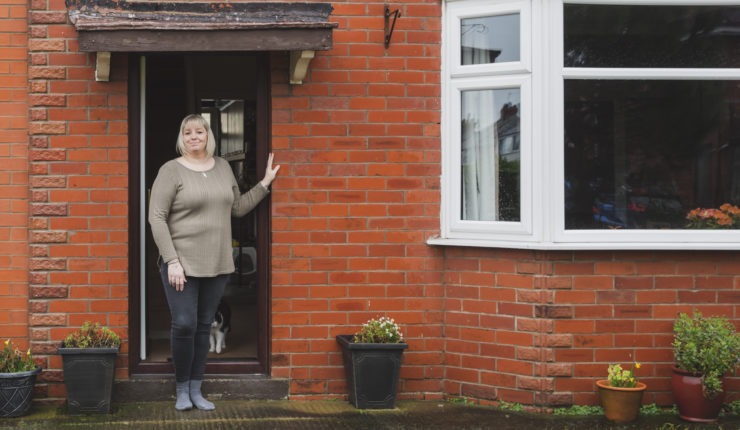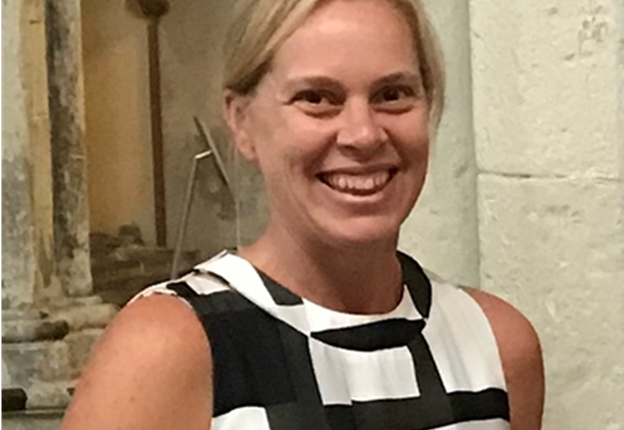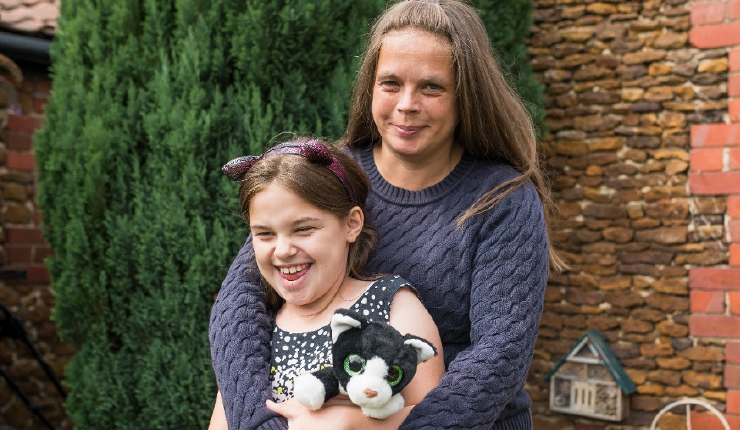Issue 7: Autumn/Winter 2019
Who cares for the carer?
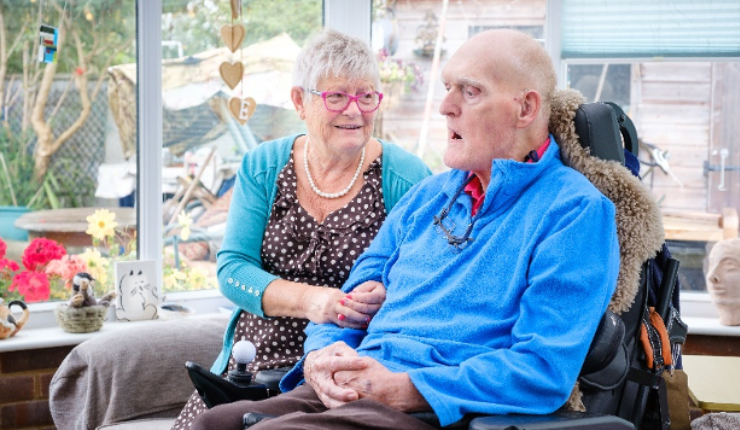
A carer is anyone, including children and adults, who looks after a family member, partner or friend who needs help because of their illness, frailty, disability, a mental health problem or an addiction and cannot cope without their support. The care they give is unpaid.
As the average age of the population rises, so does the number of people who find themselves providing unpaid care for a loved one. In fact, people aged 50 – 70 years old are most likely to provide ‘informal’ or unpaid care. This can be anything from everyday tasks such as helping someone out of bed, to emotionally supporting a person struggling with mental illness.
Many people take on the role of carer whilst trying to juggle other work and family commitments, with some even unaware that they are classed as a carer by NHS and government guidelines.
Whilst unpaid care has an estimated value of £132 billion a year, it can come at great personal cost to a carer’s financial stability and personal wellbeing. In fact, a recent survey by Carers UK reported that 64 per cent of those surveyed said they focussed on the needs of those they care for and not on their own. A further 81 per cent said they had felt lonely and isolated as a result of caring.
Our question is: who cares for the carer?
There are many organisations and charities across England and Wales that are dedicated to providing emotional and practical support for carers – including the MCF. Last year we helped 50 families with respite care, allowing carers time to focus on other parts of life with the reassurance that their care will be provided to loved ones.
Respite care: how can we support you?
Domiciliary care
We can arrange for paid carers to come to your home and support you with areas of care that you struggle to provide by yourself.
Residential care
We can fund up to six weeks of residential or nursing home care per year, giving you a break from caring when you need it most.
If you are already receiving respite care from social services, we can provide top up grants to support you.
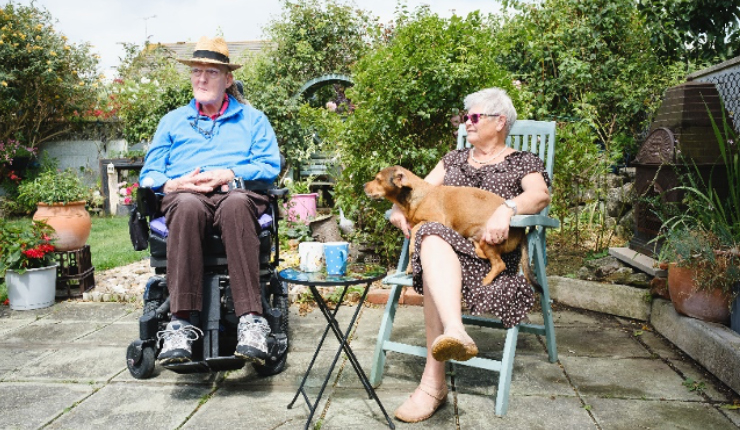
Sheila is one carer we’ve supported:
One day last year, David suffered a huge stroke. It was a life-changing moment for both of us. The stroke paralysed him which meant he couldn’t do anything for himself; he was a prisoner in his own home as our house just wasn’t equipped for his needs.
“I went to the council to enquire about adapting our bathroom to help David at home, as we could only give him bed baths. They said I could have an interest-free loan, but I didn’t know how I was going to pay it back. I was running out of options and then I stumbled across an advert for the MCF – that’s how I found out about them and the support they can provide for Freemasons like David.
“The MCF paid for our house to be adapted to suit David’s needs, but this meant living in a building site for a little while.
“David decided he wanted to go into a residential home whilst the work on the house was taking place, as he wouldn’t have coped well. The MCF supported us with respite care and David chose the home that he wanted to stay in.”
“I find it hard to have David in a care home, but it’s what he wanted and it meant that I wasn’t worried about how he’d react to everything going on around him.
“Although life is hard and I’m still adjusting, the MCF and local Freemasons have been brilliant – I can’t praise them enough to be honest. I am so incredibly grateful for everything they’ve done to help us, it’s truly been lifesaving.”
Are you a carer?
We are here to help.
Get in touch with us today to explore ways in which we can support you:
0800 035 60 90
help@mcf.org.uk
